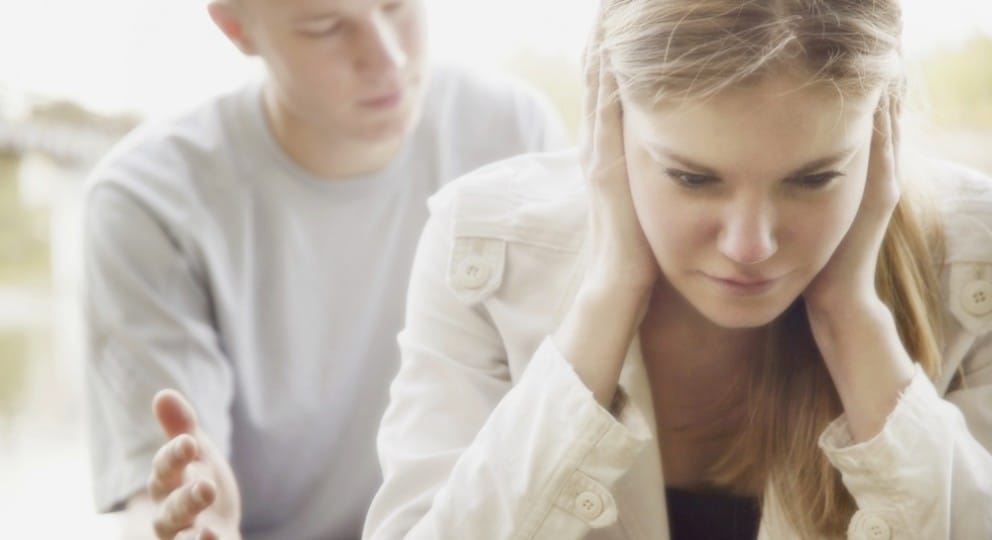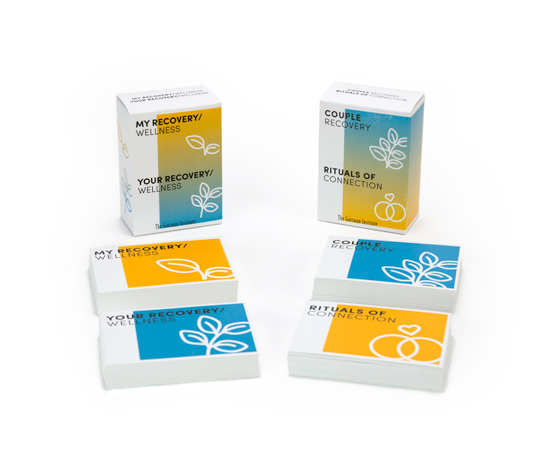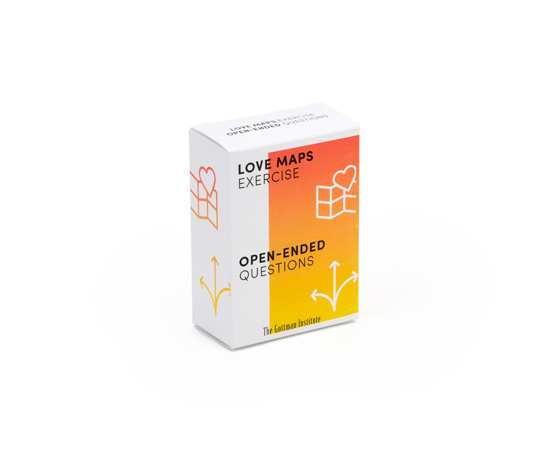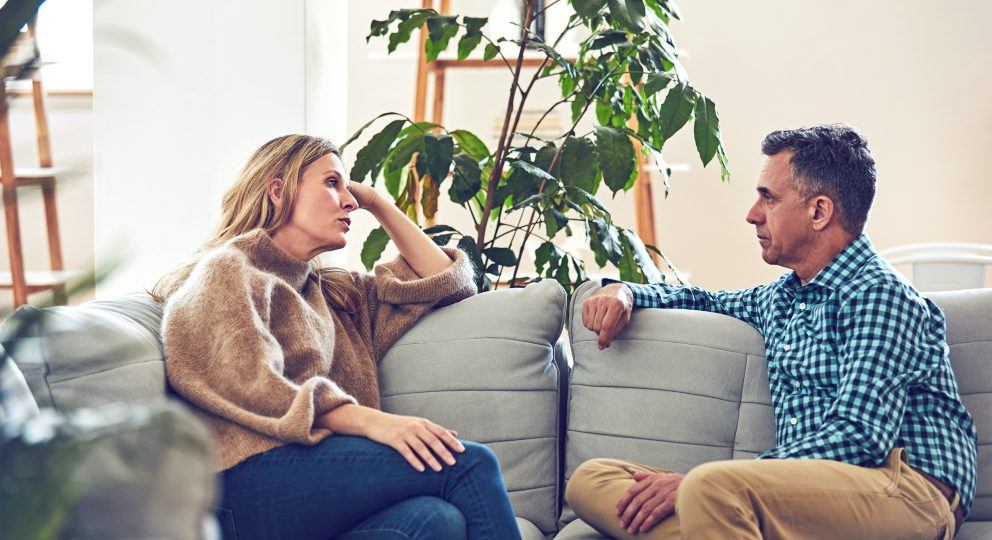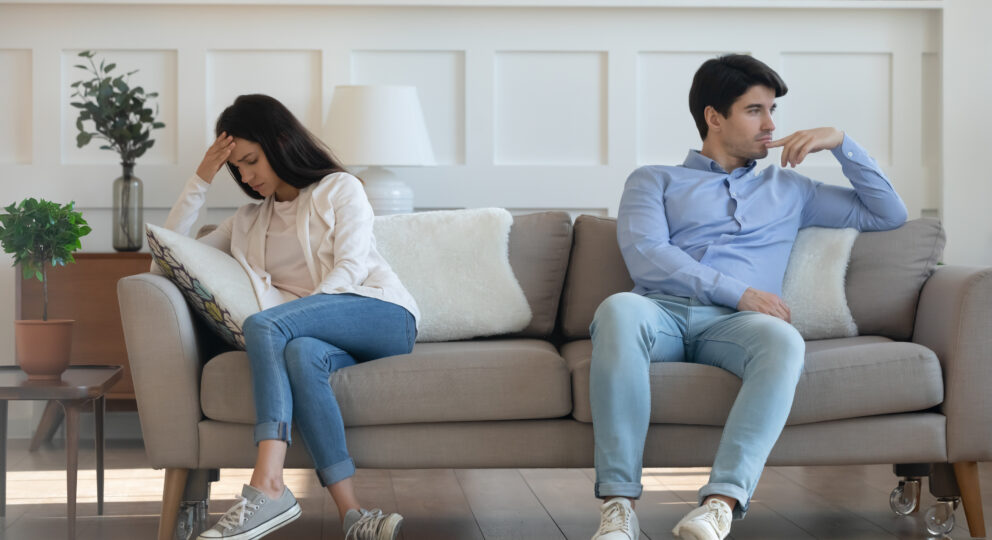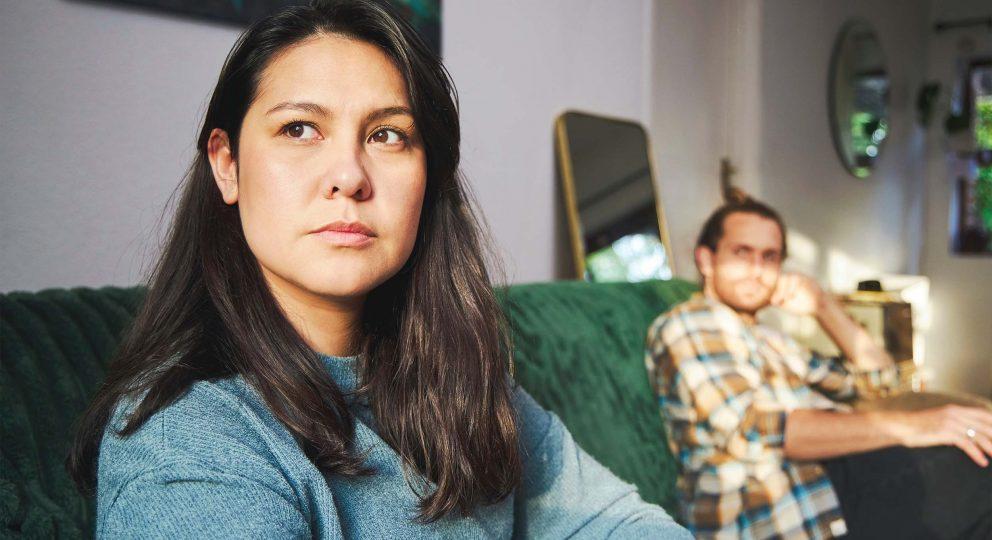It has been a remarkable journey toward creating a modality of therapy for treating couples in recovery from addiction. I developed the Couple Recovery Development Approach (CRDA) in 2002 for my doctoral dissertation, based on my research from the Family Recovery Project at Mental Research Institute (MRI) in Palo Alto, California. My first Gottman exposure occurred in 2005 when John presented a Level 1 Training in San Francisco. I knew at that workshop that Gottman Method Couples Therapy was a perfect fit. Fast forward to today and we have the Couples and Addiction Recovery program for professionals.
Couple Recovery Development Approach, meet Gottman Method Couples Therapy
Both models were completely compatible and even overlapped in emphasizing specific parts of the relationship. I had a model to conceptualize couple recovery, now I had found a research-based approach to target those areas that needed attention. I continued my training in GMCT and became a Certified Gottman Therapist in 2007. Throughout this process, I continued to develop CRDA and presented my research at Gottman trainings and conferences. John became very interested in the model and invited me to collaborate in writing and researching a relational approach to addiction recovery as a research scientist at The Relationship Research Institute (RRI).
Why aren’t we helping couples in early recovery?
I began my doctoral work at the MRI by concentrating on couples with established recovery, because all of my schooling and training up to that point had instructed me to wait until couples had established recovery before doing couples work. However, something was developing during that time that surprised me. It turned out that couples I was seeing in my practice, and some of the research couples at the MRI, were getting the benefit while still in the early recovery phase.
This felt confusing until I began to present at conferences and received feedback from therapists that the CRDA model could apply to couples experiencing any severe or chronic medical or psychological illness or disorder. Couples need to talk about the impact of chronic issues and how to manage the recovery process. In my own work, we would identify addiction, hopefully get into recovery, and then I’m supposed to say, “Sorry I’m not supposed to work with you?”
Some partners relapsed and it usually made more sense to continue the couple work to help establish or strengthen individual recovery programs as well as address what was happening in their relationship.
Let’s work with couples when they need the help the most
We can work with couples in early recovery! This is going to surprise a lot of people, and may not necessarily be well-received in some corners. And I challenge the prevailing norm.
This isn’t about couples work replacing individual recovery. Couples work doesn’t automatically shift the recovering person’s priority to the relationship. Yes, both partners ideally focus on their own recovery as a priority, but what if we simultaneously addressed three recoveries: each partners recovery and the relationship recovery, to actually support individual recovery?
Longitudinal research indicates that relationship stability is a significant predictor of established long-term recovery, 8-years post primary treatment. 1 in 13 people who enter a therapy office or clinic are addicted, yet only 10% receive treatment. We also know that addiction brings with it a divorce rate four times higher than average and that the first year of recovery is really, really hard for couples.
While addiction is often referred to as a “family disease,” current approaches in recovery typically do not provide treatment approaches that address or account for the relationship between addict and partner. To help move our clients from addiction to recovery, professionals need to know how to assess and treat addiction, and feel comfortable using tools and strategies to help couples address addiction and support recovery.
Couple recovery is a game changer
There isn’t any research that I know of that establishes that couple recovery should be avoided in the early phase of recovery. “Roadmap for the Journey: A Gottman Workshop for Couples Embracing Recovery” is an effort to help couples in early and in ongoing recovery, couples that desperately need hope, direction, and tools to navigate down the path of recovery individually and as a couple. I appreciate Drs. John and Julie Gottman and The Gottman Institute’s support in advocating and promoting this work.
I have given the Roadmap for the Journey workshop twice to professionals, and four times now with real couples in recovery, all of them sponsored by treatment centers. It works. When you give couples the tools and create ways to talk about the difficult stuff, couples can succeed. I gave the workshop in Seattle, sponsored by The Gottman Institute and Edgewood Seattle Addiction Services. We learned a tremendous amount about what resonated with couples and received suggestions for changes in the curriculum going forward. Here are some important results from that workshop:
Of the 34 respondents who attended the Seattle Workshop, 76% reported “Yes” when asked: “Do you feel the workshop helped you to develop a recovery approach for your relationship?” When tallying the respondents who stated “Somewhat helpful,” 91% of workshop respondents feel the workshop was helpful or somewhat helpful to develop a couple recovery.
When asked “Do you feel this workshop was helpful for your own recovery?,” remarkably 82% responded “yes.” When adding in “Somewhat helpful” responses, 94% reported the workshop was helpful or somewhat helpful for their individual recovery! And 97% endorsed “Very important” when asked, “How important is it for couples to address their relationship as a part of recovery?”
Granted, this was a self-selecting group that might have selected “Very important” before the workshop, but the fact is we didn’t lose any believers, and most probably we may have made a few new converts for those who weren’t sure before the workshop. So where does this lead us now?
The importance of couple recovery
We need a community to increase awareness of the importance and place for couple recovery. In collaboration with Drs. John and Julie Gottman and The Gottman Institute, I have created a new workshop for therapists, counselors, and professionals who work with couples struggling with addiction as well as couples in recovery from alcohol, drugs and/or behavioral addictions. I am presenting “Couples and Addiction Recovery” and I would love for you to train with me. This training provides a relational approach that includes the addict’s recovery, the partner’s recovery, and their relationship’s recovery, and you can learn more here.
